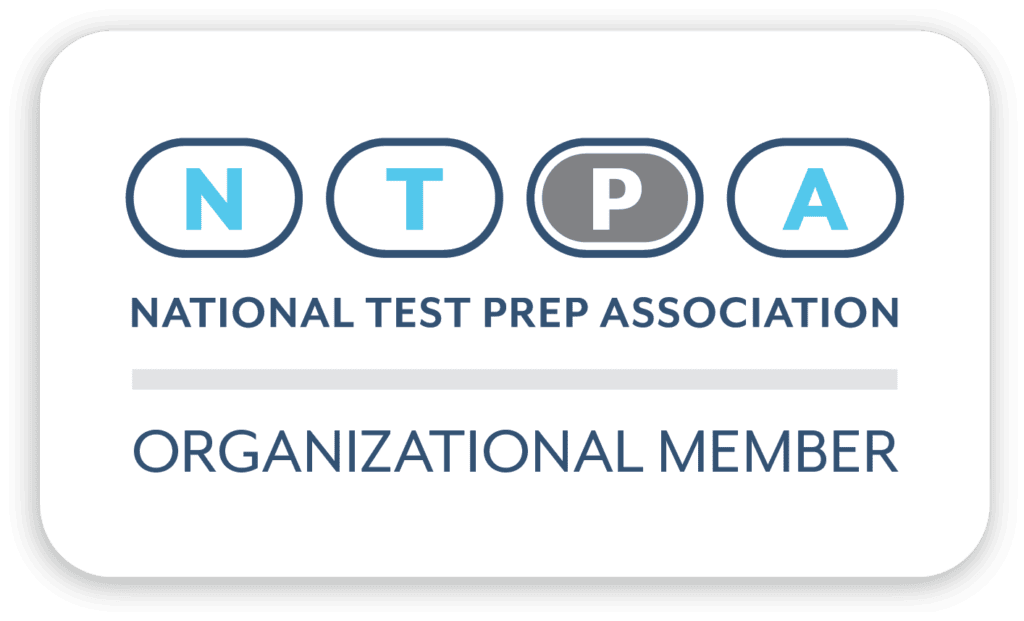In her 2006 groundbreaking book Mindset, Carol Dweck, PhD, lays out her theory of “growth mindset,” a radical concept that talent and intelligence may be inborn to an extent, but can also be built. The book was updated and re-released in 2016, and her theory has recently gained popularity among family counselors, corporate trainers, and educational consultants.
Central to Dweck’s theory is her rejection of the idea that intelligence and talent are “fixed,” or static. She rejects assumptions we all make about our abilities, like whether we are good at math, playing an instrument, or performing athletically. She relies on examples like Michael Jordan, who was cut from his middle school basketball team, to show how countless hours of work combined with the conviction that skills can be built will result in extraordinary accomplishment. The cases she cites share a significant commonality: each highly accomplished individual had family members, coaches, and/or mentors who believed in and modeled a growth mindset.
What does this mean to parents and tutors?
Dweck explains that parents’ communication style is essential to changing how their children approach learning. For example, praising children’s abilities as opposed to their accomplishments or hard work creates abstract standards that are actually harmful. If parents repeatedly tell high-achieving children that they are smart, they will likely grow into teenagers and adults who reject challenges–held back and sometimes even paralyzed by fear of failure–and remain in arenas and at levels where they are confident they will not fall short. On the other hand, those children who are told that hard work builds abilities accept new challenges with enthusiasm and without the need to prove, time and time again, that they are gifted. Children who do not fear failure, but see it as a learning experience, actually end up more skilled, and with broader experiences.
In standardized test prep, tutors explain that almost every missed question in practice work is an opportunity for a right answer on the actual test. Think about it: students learn through their mistakes where to focus their time practicing, as well as how to recognize tempting incorrect answers. Sometimes this learning results in new mastery of material, and other times in additional test-taking skills, but the result is always positive. In contrast, students who criticize themselves for missing answers on a practice test and see no benefit to making mistakes establish negative self-talk that is counter-productive.
Parents can model “growth mindset” at home by avoiding comments like, “He’s just not a good test-taker,” or “My daughter isn’t good at math,” even when combined with statements like, “However, he’s great at school,” or “She’s really talented in the humanities.” Even statements like, “It’s okay, I was terrible at test-taking, too,” can negatively affect a student’s attitude. Instead, try, “We all need to learn and practice strategies to become good at tests/performance/public speaking,” or “English came more easily to me; I had to work hard to understand physics.”
Dweck explains that Mozart, who had an uncanny musical ability at an early age, worked his fingers to the point of crippling muscle cramps. Even child prodigies who do not apply their gifts can freeze up and fail at the very thing they were born with talent to do.
Dweck cites as another example Billy Beane, who despite being an extraordinarily gifted student athlete, had a short and disastrous career as a major league baseball player, paralyzed by fear of failing to live up to expectations. In the early 2000’s, Beane famously built the Oakland A’s into a world championship baseball team by hiring players who hadn’t been hyped as the best, and thus could be hired for less. His theory was that players who aren’t burdened by out-sized expectations will often outperform those who are. Beane was right, and now teams throughout the MLB use what is called “sabermetrics” to build winning teams.
The evidence Dweck cites is convincing, and when applied to our own lives, makes good sense. We have all known students who succeed in grade school with little to no effort, and are praised for being intellectually gifted, only to find middle school and high school daunting when classes become more demanding. These kids, who never had to learn how to learn, feel constant frustration or even give up from fear of failure. That is certainly not what we want for our children.
If we accept Dweck’s argument that those who have been told that abilities can be developed will continue to strive, and in the long run live more enriching lives in which they continue to learn for learning’s sake and for the fun of accepting a challenge, then certainly it is worth changing how we communicate.
Moving from a “fixed mindset to a “growth mindset” enables individuals to embrace new challenges for the growth they bring. The very definition of success changes from one of a grade or score to one of continual learning and expansion–also known in psychology as “flourishing.”
Remember that old maxim, “If at first you don’t succeed, try, try again”? There is, indeed, much power in resilience and what today’s psychologists call “grit.” Now add the idea that it is in the very act of trying (learning, practicing, growing) that we receive fulfillment, and we have a new, enriched way of looking at both learning and success.
Tonight, praise your child for a job well done, for consistent effort, and for willingness to accept a new challenge with positivity, regardless of the immediate measured result. Model the same behavior in your own life. Talk to your child’s tutor about efforts to redefine ability and success–we are eager to participate in making a positive difference!
By Lisa E. Paige, PhD, Senior Tutor






